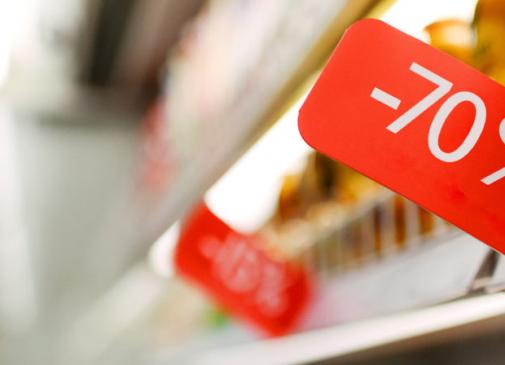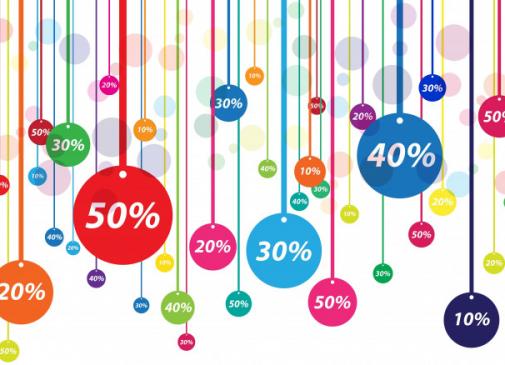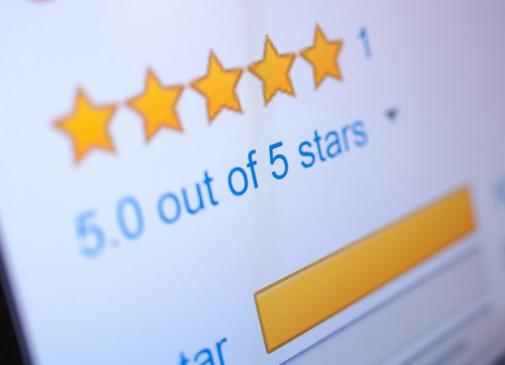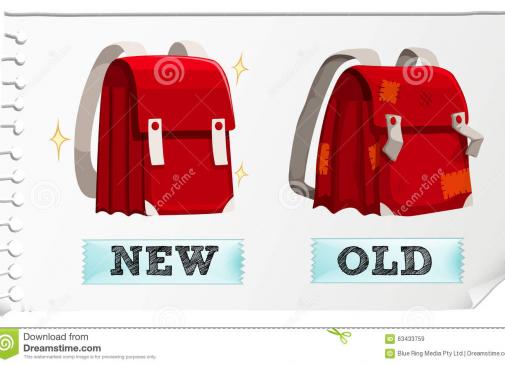Last 25 years saw retail undergo massive changes. Almost every aspect of the process, whether it concerned customer-facing operations or inventory systems, was redefined and re-invented owing to innovative solutions. CNBC created a ranking of 200 geniuses of retail from all over the world and across all business segments. Here is a small selection of top icons of retail.
Last 25 years saw retail undergo massive changes. Almost every aspect of the process, whether it concerned customer-facing operations or inventory systems, was redefined and re-invented owing to innovative solutions. CNBC created a ranking of 200 geniuses of retail from all over the world and across all business segments. Here is a small selection of top icons of retail.
This year American business television channel CNBC turns 25. To celebrate its birthday, its staff decided to compile a list of retailers who had the greatest impact on the industry over past quarter century by igniting far-reaching changes in the sector or creating the most disruption in business. Who are these iconic an often revolutionary leaders of the past twenty five years?
Pioneers of Fast Fashion
The richest person in Spain, and the third-richest person in the world (according to Forbes' 2013 rankings), Amancio Ortega is the founder of a globally successful fashion retailer Inditex. Ortega stepped down from the chairmanship in 2011, but still owns about 60 percent of the company's stock. Back in the Seventies, he and his then-wife Rosalia Mera set up Zara - company that would eventually become part of Inditex. Zara introduced the concept of "fast fashion" to the world. Its market rivals envy the Spanish giant for its ability to quickly create, produce and deliver new designs. Zara is a great example of a fashion empire built on the idea, where speed and responsiveness are more important than cost. Zara is famous for its ability to deliver new clothes to stores quickly and in small batches. Twice a week, at precise times, store managers order clothes, and twice a week, on schedule, new garments arrive. To achieve this objective, Zara controls more of its manufacturing than do most retailers, with roughly 50 percent its clothes are made in Spain or nearby countries. For the Spanish retailer, its supply chain is its competitive advantage. Inditex, which includes seven other brands, has become the world’s largest clothing retailer. In 2012, its 6,009 stores had sales of almost €16 billion ($21.4 billion). Zara accounted for €10.5 billion of that.
Assemble it yourself
Ingvar Kamprad is the founder of Sweden's pride and its probably best-selling export brand, Ikea. As frustrating as its DIY- based attitude to furniture assembling may be, Ikea is still loved by millions of customers. They are ready to endure some inconvenience, because Ikea's products are stylish and, importantly, they are extremely cheap. Thrift is the core of Ikea's corporate culture which hates wasting things. This type of mentality may be traced back to the company's origins in Smaland which is a poor region in southern Sweden. Ikea presents itself as a green company with a social mission, bragging about its charitable work and its aim to use only renewable energy. The company's CEOs have been determined to keep their staff motivated and happy, honest and inclined to think for themselves. The company is sensitive to gender equality issues, with 40 percent of its 200 top managers being women. Swedish furniture giant has retailing operations in 26 countries. The company plans to add more than 10 stores in 2014.
ReKindling the passion for reading
When it comes to retail revolutionaries who disrupted the industry with their groundbreaking concepts, Jeff Bezos is the one who has had a huge impact on retail. The former hedge fund manager started his own business because he realized how powerful and retail-changing Internet was. Amazon has radically changed the retail game for both businesses and consumers alike. Even without brick-and-mortar storefronts, it has disrupted retailers that have been in business for more than a century. Retailers from J.C. Penney to Wal-Mart Stores are struggling to compete with Amazon's offer, but so far it has been an uphill battle. Amazon now offers nearly any imaginable product and often for a lower price. Moreover, ordered goods are sometimes delivered overnight for little-to-no shipping fees. The company's shares are up 511 percent in five years, even though its profits are minimal. Traditional retailers do not get the same rewards from investors if increasingly higher profit cannot be delivered. Tremendously successful in changing the retail landscape, Bezos is often referred to as the leader of the internet trend that is destroying town centres and defacing local high streets. In 2012, Amazon employed 70,000 people. It turns over $48 billion a year globally. What started as a books business has been transformed by the Kindle e-reader, and now sells digital music, films, books, games and more.
Sources: http://www.cnbc.com; http://www.businessweek.com; http://www.economist.com; http://online.wsj.com; http://www.telegraph.co.uk Photo: http://www.flickr.com/photos/kodomut/










